BOONE, N.C. — The idea of crafting beer might get prospective students’ attention, but in fermentation sciences, students tap into much more than kegs.
When Dr. Stephan Sommer, interim director of Appalachian State University’s fermentation sciences program, joined the university in 2013, there were 35 students in the program, which focused mainly on beer and wine. The degree program now has 150 students and has expanded its focus to include biofuels, fermented foods, distillation and more.
In order to strengthen and support that growth, the degree program is adding faculty and, beginning this fall, the fermentation sciences program within the College of Arts and Sciences will become part of the new A.R. Smith Department of Chemistry and Fermentation Sciences.
According to Dr. Neva J. Specht, dean of the College of Arts and Sciences, this new department structure makes sense, as many chemistry faculty members teach fermentation sciences courses, and students in the fermentation sciences degree program are required to take 19 credit hours of chemistry courses.
“With the addition of two new tenure track faculty this fall, the degree program will be able to offer a greater variety of courses,” Specht said. “We are also adding additional research and lab space this summer. The fermentation sciences degree program continues to grow and offer more opportunities for students to explore the various fermented processes and to make connections within the industry for internship and job opportunities.”
Within industrial fermentation, the craft beer industry alone has seen substantial growth since Appalachian became the first university on the East Coast to offer a degree in fermentation sciences in 2012 — a move to support the industry’s rapid expansion in the western part of North Carolina for several years.
According to the Brewers Association, a not-for-profit trade association that promotes craft beer and homebrewing, the total number of U.S. breweries in 2012 was 2,475. In 2017, that number had more than doubled, with 6,372 breweries in operation.
This growth amounts to an increase in jobs in just one of many flourishing career avenues open to students in the degree program, as the number of wineries, distilleries and cideries has also increased in that time frame.
Beyond beer and wine
The fermentation sciences program has been able to establish classes and expand coursework thanks in part to multiple grants from the North Carolina Biotechnology Center, a private, nonprofit organization with the mission of “accelerating life science technology-based economic development through innovation, commercialization, education and business growth.”
Expanding the focus of the degree program increases opportunities for research. To that end, Sommer said, “We came up with classes that deal with the sustainability aspect — biofuels, making bioethanol. We also do fermented foods and recipe development to show students that the microorganisms they use for making beer and wine can do a lot of different things.”
For example, students learn about lactic acid bacteria — which typically have the ability to degrade gluten — by baking sourdough bread. Applying that knowledge, Sommer along with undergraduate researchers and Dr. Brett Taubman, associate professor in the A.R. Smith Department of Chemistry and Fermentation Sciences, recently published research in the Master Brewers Association of the Americas (MBAA) Technical Quarterly titled “Microbial Gluten Reduction in Beer Using Lactic Acid Bacteria and Standard Process Methods.”
“It was an interesting project that was going on for a little more than three years now,” Sommer said. “We finally published it, so we’re ready to make our first gluten-free beer.”
The classes open up a wide range of opportunities and interests for students, and graduates enjoy a near-perfect job placement rate. Though many students enter the degree program to learn about beermaking, only 50–60 percent end up at breweries.
“(Students’ interests are) very diverse. Not when they come in, but when they find out what fermentation really means, they really spread out a lot,” Sommer said.
The remaining percentage — those that don’t go the brewery route — end up in other areas, from wineries, distilleries and cideries, to positions in the chemical and food industries or with enzyme and yeast manufacturers, he said. They may be making anything from sauerkraut, salami and artisanal cheese to kombucha.
The future of fermentation
With new faculty and a merger on the horizon, Sommer said the degree program is trying to increase diversity “to represent all the different disciplines within fermentation sciences.”
“By going more and more into the fermented food(s) area, we hope to attract more students who are not really interested in beer but want to know what fermentation is all about,” he said.
By recruiting at local high schools and participating in K-12 events, such as Science Day at Hardin Park School in Watauga County, faculty members in the degree program aim to show younger students what fermentation is.
“If you approach it more from a sensory experience and show them that so many things that they eat on a daily basis are fermented, you can get them interested,” Sommer said.
According to Sommer, it all comes back to the science of fermentation, as it is a perfect mix of both chemistry and biology.
He said the degree program is ideal for students who don’t really know which discipline they like better, because to understand fermentation science, students need to “understand the chemistry side to understand what fermentation means, but you also have to know how microorganisms work, so biology is really important as well.”
Appalachian alumni take different paths to careers in fermentation
About the A.R. Smith Department of Chemistry and Fermentation Sciences
The A.R. Smith Department of Chemistry and Fermentation Sciences offers a Bachelor of Arts in chemistry, a Bachelor of Science in chemistry with eight different concentrations and an interdisciplinary Bachelor of Science degree in fermentation sciences. The department’s programs prepare students to attend graduate and professional schools, as well as for employment in the pharmaceutical and fermentation industries and other business sectors. Learn more at https://dcfs.appstate.edu.
About the College of Arts and Sciences
The College of Arts and Sciences (CAS) at Appalachian State University is home to 17 academic departments, two centers and one residential college. These units span the humanities and the social, mathematical and natural sciences. CAS aims to develop a distinctive identity built upon our university's strengths, traditions and locations. The college’s values lie not only in service to the university and local community, but through inspiring, training, educating and sustaining the development of its students as global citizens. More than 6,800 student majors are enrolled in the college. As the college is also largely responsible for implementing App State’s general education curriculum, it is heavily involved in the education of all students at the university, including those pursuing majors in other colleges. Learn more at https://cas.appstate.edu.
About Appalachian State University
As a premier public institution, Appalachian State University prepares students to lead purposeful lives. App State is one of 17 campuses in the University of North Carolina System, with a national reputation for innovative teaching and opening access to a high-quality, cost-effective education. The university enrolls more than 21,000 students, has a low student-to-faculty ratio and offers more than 150 undergraduate and 80 graduate majors at its Boone and Hickory campuses and through App State Online. Learn more at https://www.appstate.edu.
What do you think?
Share your feedback on this story.
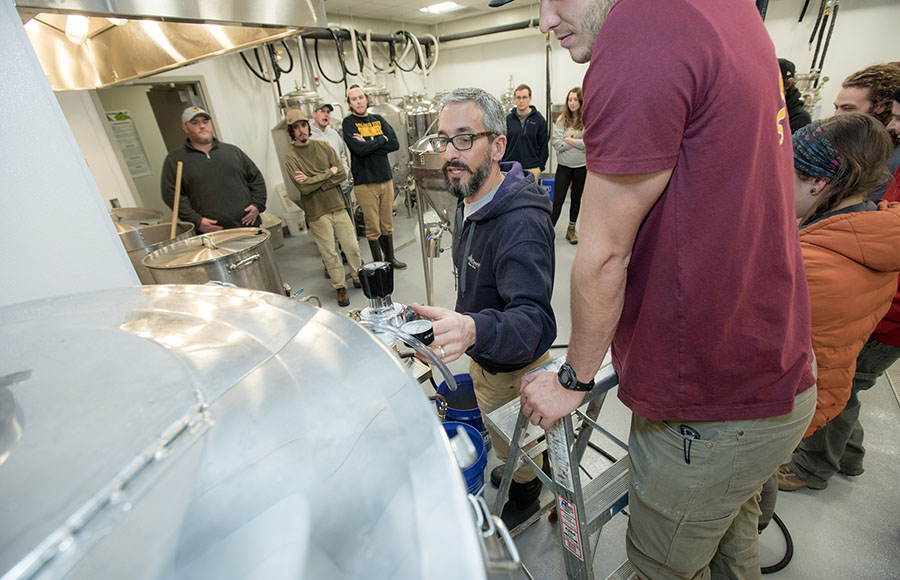
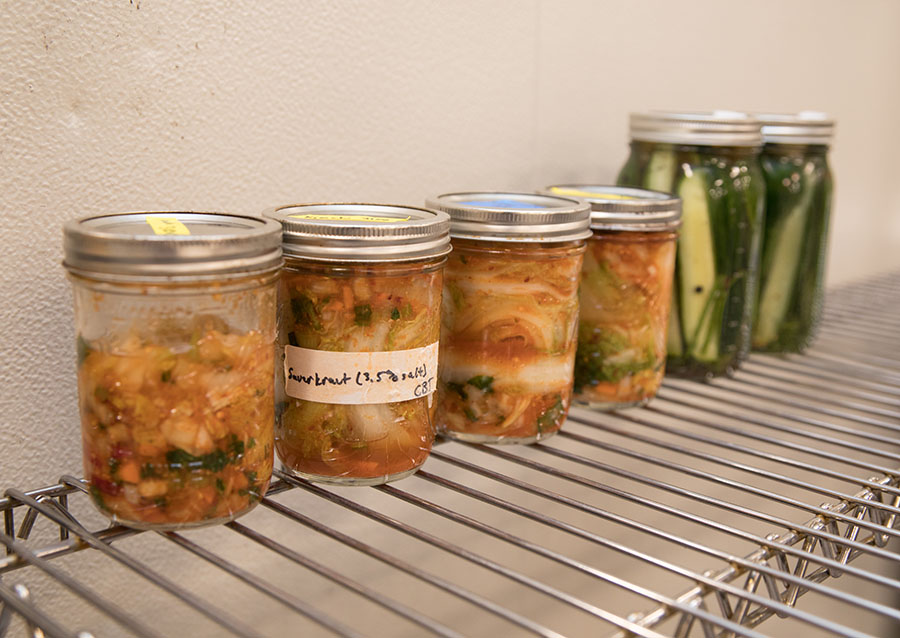
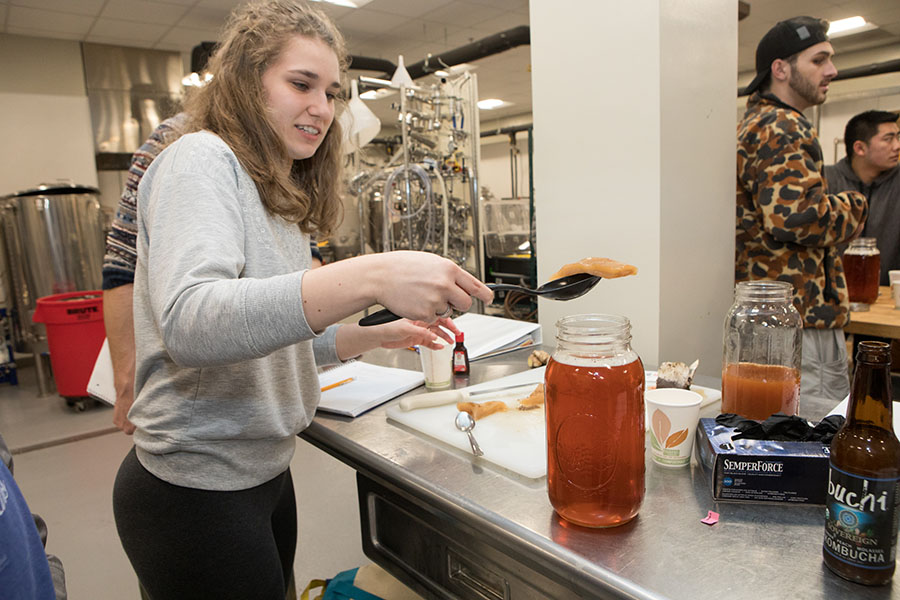
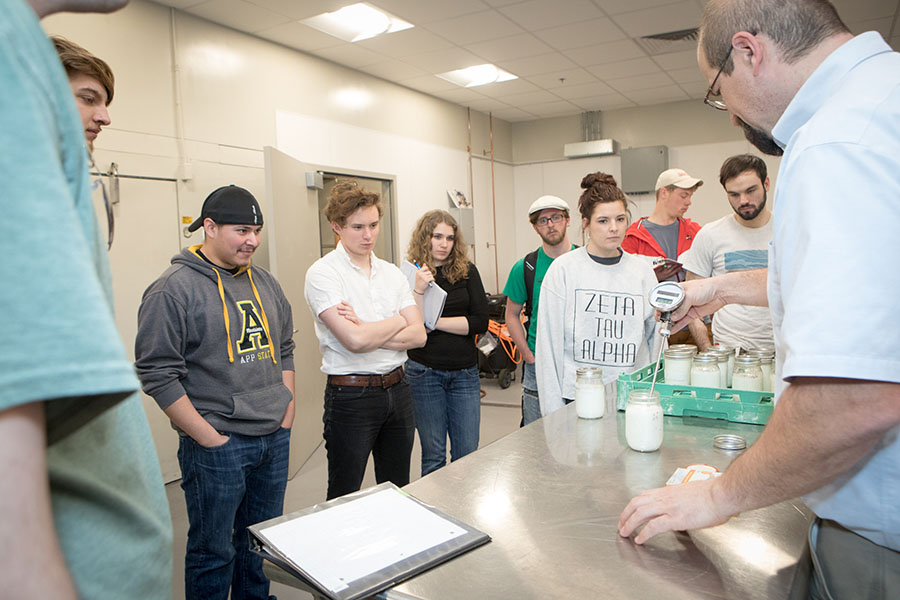
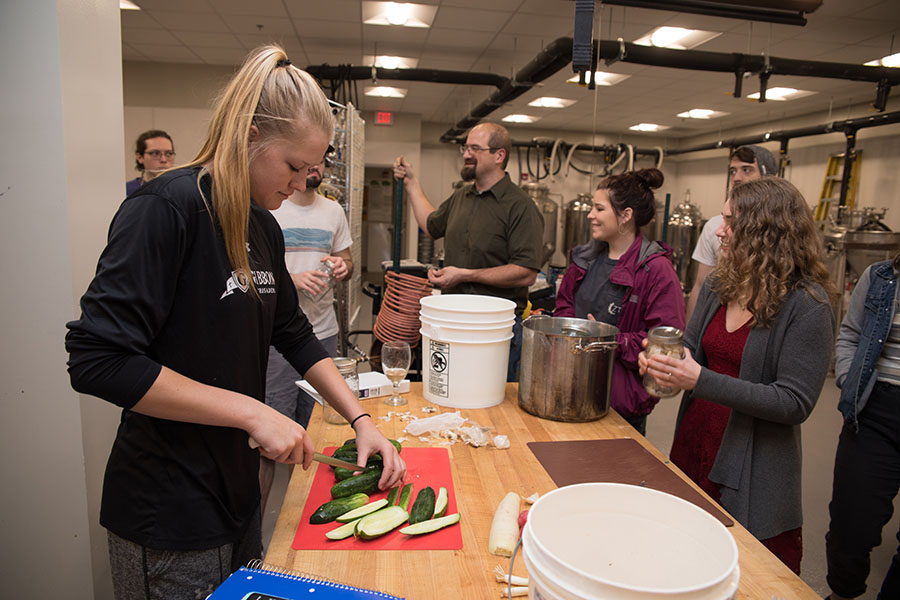

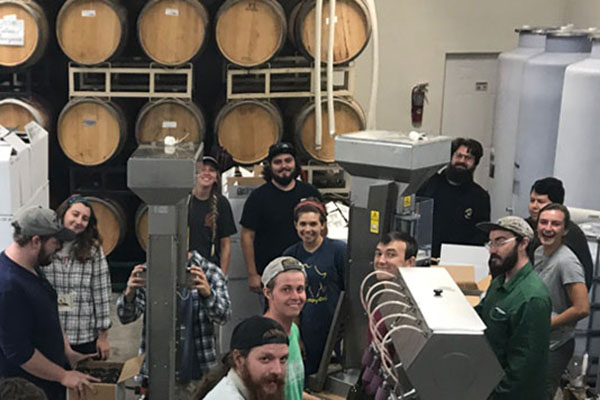
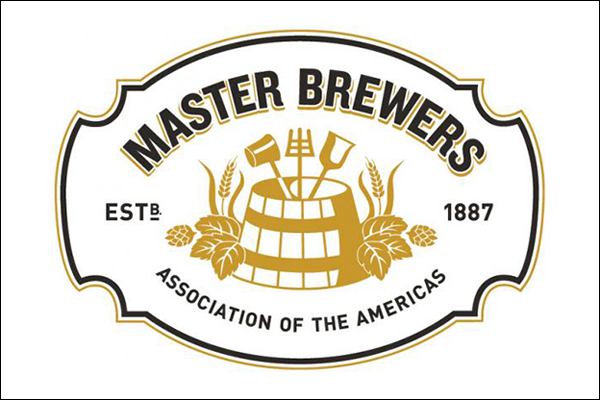




![How NCInnovation Is Rethinking Economic Development in North Carolina [faculty featured]](/_images/_posts/2026/02/rethinking-economic-development-600x400.jpg)






